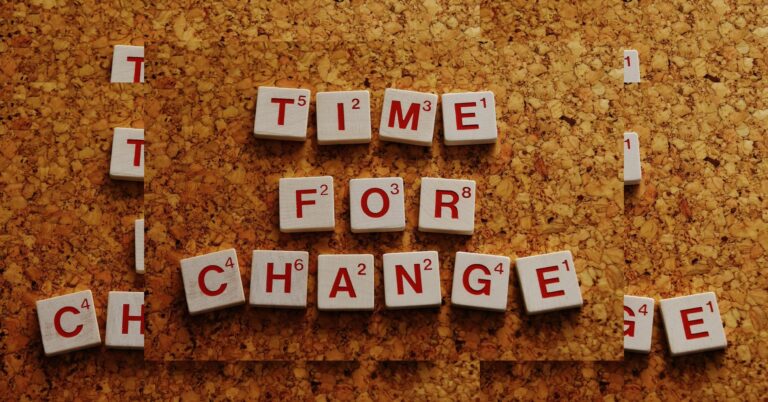As humans, we naturally associate caring with doing our best—whether in work, relationships, or personal growth. It’s a powerful motivator, one that fuels dedication and passion. But have you ever wondered if caring too much could be holding you back?
This might seem like a strange idea at first. After all, isn’t caring a good thing? The truth is, there’s a fine line between caring just enough to be effective and caring so much that it becomes a burden. Crossing that line can lead to stress, anxiety, and even burnout, chipping away at your effectiveness and overall well-being.
In my own journey as a coach and counsellor, I’ve worked with countless clients who find themselves trapped in this cycle. They care deeply about their responsibilities and relationships, but their overinvestment often results in overthinking, perfectionism, and fear of failure. I’ve seen how this affects their ability to make clear decisions, embrace opportunities, and live with ease. Perhaps you’ve felt this too—whether it’s replaying conversations in your head, obsessing over tiny details, or worrying endlessly about others’ opinions.
The Freedom of Caring Less
Let’s be clear: Caring less doesn’t mean becoming indifferent or disengaged. It’s about focusing on what truly matters and letting go of what doesn’t. Imagine stepping away from the constant need for approval, accepting that perfection isn’t attainable, and understanding that you can’t control everything. Instead, you focus on your values, your priorities, and the things within your sphere of influence.
This shift in mindset can be transformative. By loosening your grip on excessive caring, you free up mental and emotional space for creativity, innovation, and growth. You might find that risks don’t seem so scary anymore and that setbacks become learning opportunities instead of roadblocks. As I’ve often reminded clients, perfection isn’t the goal—progress is.
Relationships: Support, Not Control
In relationships, caring less can lead to healthier, more fulfilling dynamics. Instead of micromanaging or trying to fix every problem, you step back and allow others the space to navigate their challenges. This doesn’t mean you stop caring; it means you support without controlling.
I’ve experienced this shift personally and in my work with clients. It’s remarkable how empowering it is to trust others to take ownership of their growth. This approach not only strengthens their confidence but also protects your emotional energy, creating a balance where both parties feel respected and valued.
Embracing Imperfection
Life is messy, and no amount of effort can make it perfectly smooth. By letting go of perfectionism, you can begin to see setbacks as opportunities for growth rather than personal failures. This perspective allows you to focus on what matters most, rather than being bogged down by trivial details.
When I reflect on my own experiences and those of my clients, this mindset shift often marks a turning point. It’s a moment when they realise that life isn’t about avoiding mistakes—it’s about learning from them, moving forward, and finding joy in the process.
A Quick Self-Assessment
To help you explore whether you might be caring too much in certain areas of your life, I’ve created a short questionnaire. Take a moment to reflect on these questions and your responses:
- How often do you replay conversations, worrying about how others perceived you?
- Do you feel anxious about meeting expectations, even when they seem unrealistic?
- Are you afraid to take risks for fear of making mistakes or being judged?
- Do you find it hard to delegate because you feel you must handle everything yourself?
- How often do you feel drained by solving other people’s problems?
If these resonate with you, it might be time to reflect on where you’re focusing your care and how it’s impacting your well-being.
Final Thoughts
The real question isn’t whether you should care less but where you should focus your care. By being selective and intentional about where you invest your energy, you can achieve greater clarity, purpose, and effectiveness. Caring less isn’t about giving up; it’s about setting yourself free.
As a perspective coach, I believe in the power of shifting how we view challenges and opportunities. When we adjust our perspective, we unlock new possibilities for growth and fulfilment. So, I leave you with this question: Could you be more effective if you cared less? Perhaps the answer lies not in doing less but in focusing more on what truly matters.








